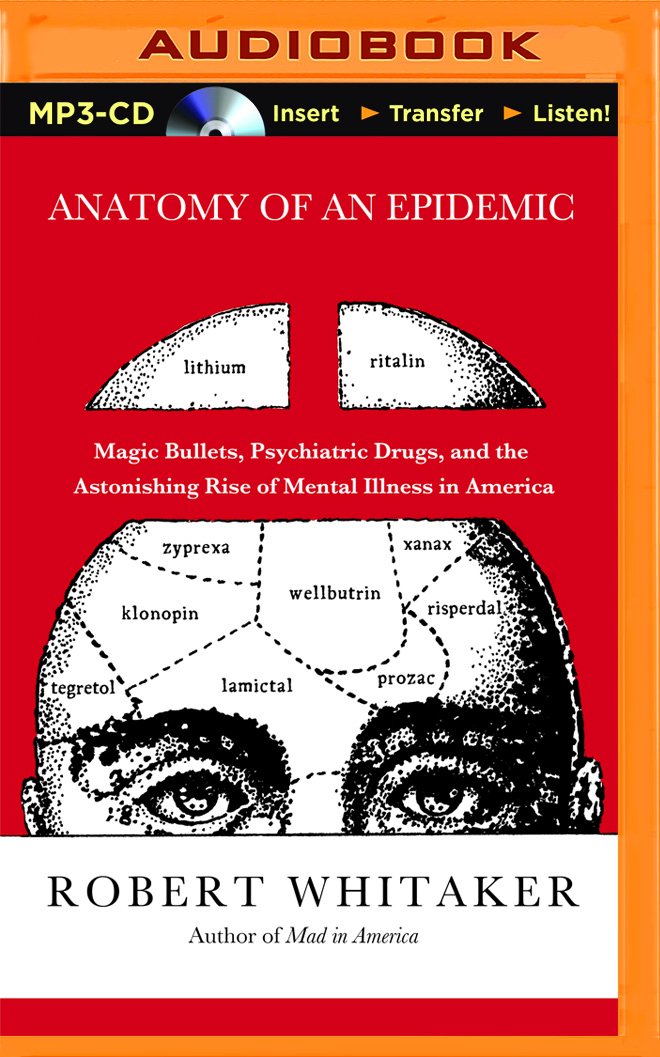Drug withdrawal is the group of symptoms that occur upon the abrupt discontinuation or decrease in intake of medications or recreational drugs.
In order to experience the symptoms of withdrawal, one must have first developed a physical or mental dependence. This happens after consuming one or more substances for a certain period of time, which is both dose dependent and varies based upon the drug consumed. For example, prolonged use of an anti-depressant is most likely to cause a much different reaction when discontinued than the repeated use of an opioid, such as heroin. Withdrawal symptoms from opiate abuse (such as heroin/morphine) include anxiety, sweating, vomiting, and diarrhea. Alcohol abuse withdrawal symptoms include irritability, fatigue, shaking, sweating, and nausea. Withdrawal from nicotine brings on irritability, fatigue, insomnia, headache, and difficulty concentrating. Symptoms and body response to the absence can vary from mild discomfort, or to the return of previous underlying medical problems and their respective symptoms. Many legal and unrestricted chemicals and/or substances available without prescriptions and over the counter can cause withdrawal effects when users stop consuming them, even if taken as directed.
The route of administration, whether intravenous, intramuscular, oral or otherwise, can also play a role in determining the severity of withdrawal symptoms. There are different stages of withdrawal as well; generally, a person will start to feel bad (crash or come down), progress to feeling worse, hit a plateau, and then the symptoms begin to dissipate. However, withdrawal from certain drugs (benzodiazepines, alcohol, glucocorticoids) can be fatal. While it is seldom fatal to the user, withdrawal from opiates (and some other drugs) can cause miscarriage, due to fetal withdrawal. The term "cold turkey" is used to describe the sudden cessation use of a substance and the ensuing physiologic manifestations.
The symptoms from withdrawal may be even more dramatic when the drug has masked prolonged malnutrition, disease, chronic pain, infections (common in intravenous drug use) or sleep deprivation, conditions that drug abusers often suffer as a secondary consequence of the drug. Many drugs (including alcohol) suppress appetite while simultaneously consuming any money that might have been spent on food. When the drug is removed, the discomforts return in force and are sometimes confused with addiction withdrawal symptoms.

Substances
Examples (and ICD-10 code) of withdrawal syndrome include:
- F10.3 alcohol withdrawal syndrome (which can lead to delirium tremens)
- F11.3 opioids, including methadone withdrawal
- F12.3 cannabis withdrawal
- F13.3 benzodiazepine withdrawal syndrome
- F14.3 cocaine withdrawal
- F15.3 caffeine withdrawal
- F17.3 nicotine withdrawal
Heroin Withdrawal Medicine Video
Prescription medicine
As noted above, many drugs should not be stopped abruptly without the advice and supervision of a physician, especially if the medication induces dependence or if the condition they are being used to treat is potentially dangerous and likely to return once medication is stopped, such as diabetes, asthma, heart conditions and many psychological or neurological conditions, like epilepsy, hypertension, schizophrenia and psychosis. With careful physician attention, however, medication prioritization and discontinuation can decrease costs, simplify prescription regimens, decrease risks of adverse drug events and polypharmacy, focus therapies where they are most effective, and prevent cost-related underuse of medications.
Are You Looking for Products
Here some products related to "Drug Withdrawal".
Ben Diary of A Heroin Add..
Medication Madness: A Psy..
Death Grip: A Climber's E..
Anatomy of an Epidemic: M..
Get these at Amazon.com* amzn.to is official short URL for Amazon.com, provided by Bitly
Source of the article : here






1 komentar:
While some morphine (polar) is able to pass through this layer, browse this site
EmoticonEmoticon